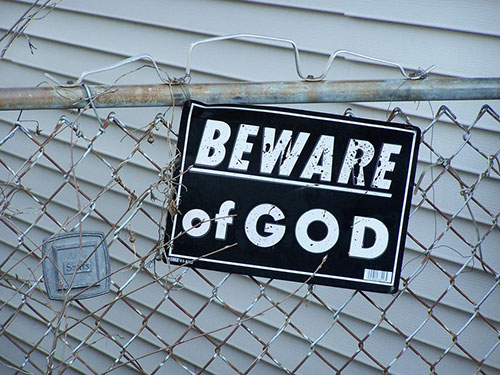
This article was originally published by E-International Relations on 1 November, 2015.
It has been argued that the twenty-first century will be ‘God’s Century’.[i] By this it is meant that religion—not God, but religion—will remain a central feature of both international and domestic politics for the next several decades. The basis for this claim can be found in the recent past. Over the last twenty-five years, the world has witnessed an increased level of political activism by religious individuals and organisations. This resurgence of religious politics is evident in the violent sectarianism and exclusive religious identities of the contemporary Middle East, the persistent communalism in South Asia and the continued salience of an illiberal religious politics in the United States and elsewhere. Conceptually, the trend is interesting given the assumptions of secularisation theory, which predicted that the influence of traditional belief systems would diminish with the onset of economic and political development. The persistence of religious politics has also given rise to the view that diplomats, politicians and political scientists all need to better understand religion if they are going to understand contemporary international politics.[ii]
